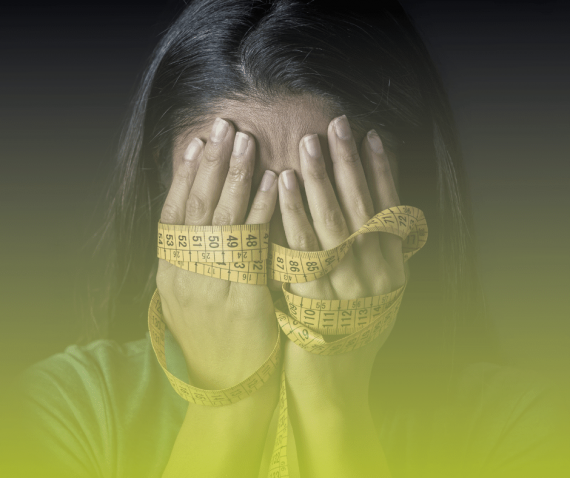Body Dysmorphia & Anorexia
Body Dysmorphia Disorder (BDD) – What is it?
BDD is a mental illness where individuals will be obsessed with the idea that their own appearance or aspect of their body is flawed in some way. This can range from the average gym-goer or an elite bodybuilder. This can affect the way they live their life, by avoiding certain situations, overtraining, malnutrition or even wearing clothing to hide the areas they dislike.
What can cause it?
There are several different variables that are thought to cause BDD ranging from psychological, such as bullying or pressure from other individuals to look a certain way. Social media can also play a huge part where individuals post pictures of “the ideal body” and others may feel inadequate about certain areas when comparing it to these images. These are just a few examples of how BDD can occur.
Signs to look out for:
- Constantly exercising (especially in a specific area)
- Always asking others if you look good/okay
- Not trusting or believing others when they say you look good/okay
- Constantly comparing yourself to others
- Avoiding any social activities where you may feel vulnerable
Anorexia – What is it?
Also known as Anorexia Nervosa, is an eating disorder where individuals will obsess about how much food and what type of food they eat in fear of gaining weight. Usually, it is also associated with an individual with low body weight and fat percentage, but they see themselves as overweight.
It typically affects more females than males and can start from the teenage years between 15-19.
There are two subtypes of anorexia:
- Restrictor type: Where they limit their daily food intake
- Bulimic type: Where they indulge and then force themselves to vomit or use laxatives to clear their bowels.
What can cause it?
It’s tough to pinpoint exactly what causes it as experts are unsure at what point it can occur. Possibly due to starting a limiting diet where the person begins to feel they’re overweight when clearly not. The underlining factor is due to psychological stresses where you fear weight gain.
Signs to look out for:
- Fear of becoming fat/weight gain
- Low body weight
- Unusual eating behaviours
- Excessive physical activity
If you are suffering from any of the above or you feel like you need to talk to someone, please do. It is better to address the issue before its too late. You can also talk in confidence to an adviser from the eating disorders charity Beat by calling their adult helpline on 0808 801 0677 or youth helpline on 0808 801 0711.



